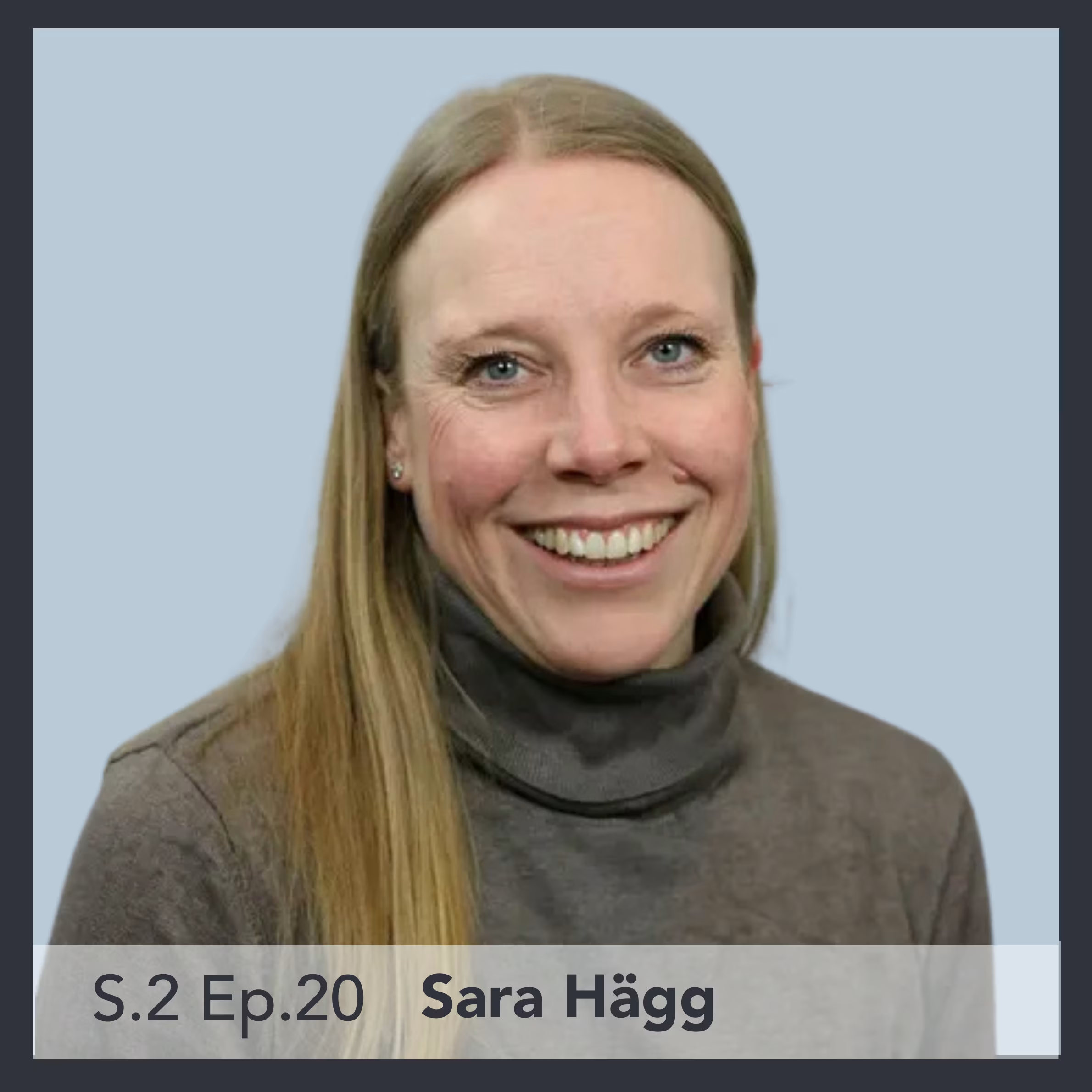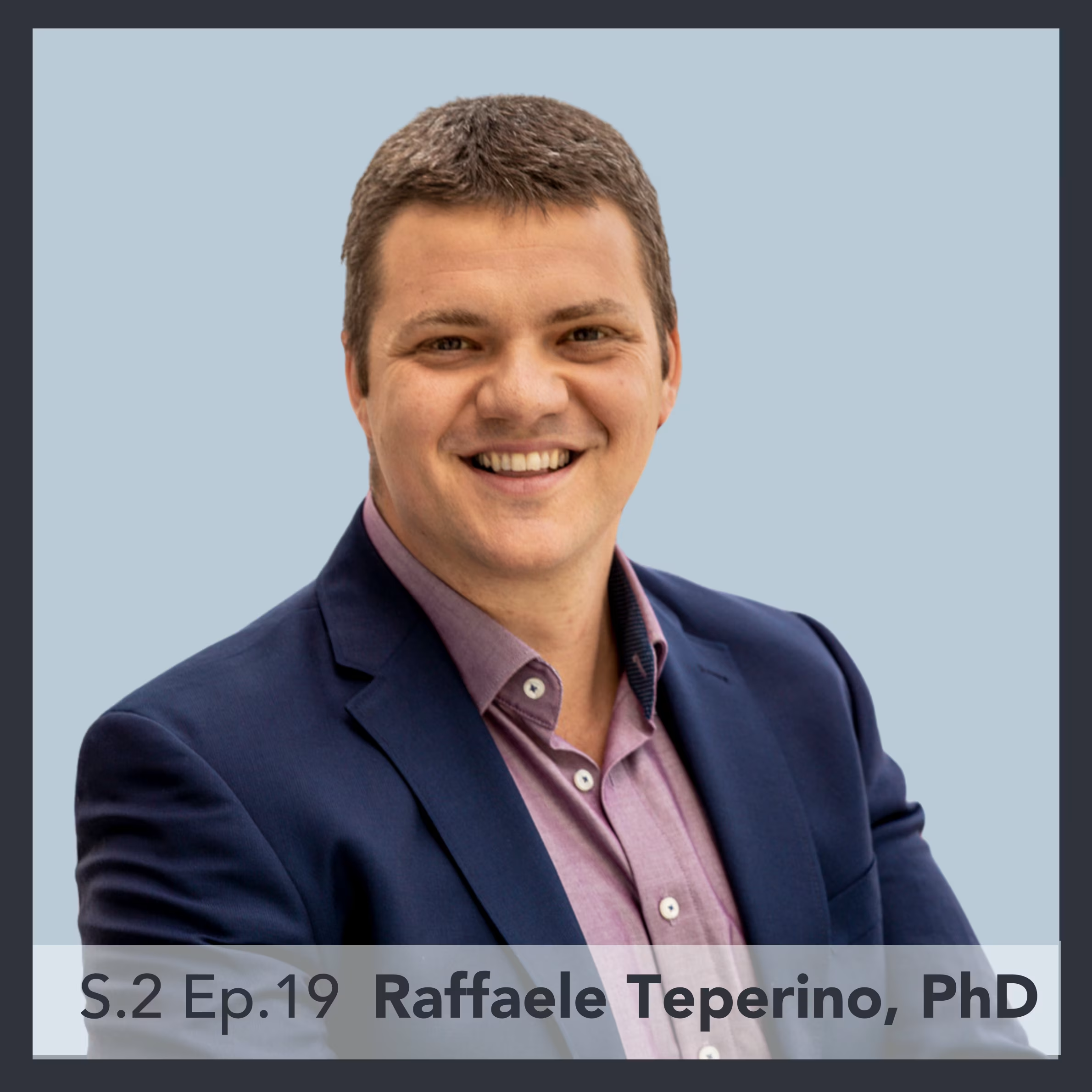The immune system adapts to various threats through innate and adaptive responses, utilizing epigenetic mechanisms to regulate gene activity without changing DNA sequences. These mechanisms help maintain long-term immune phenotypes, allowing the immune system to respond to changing environments. In innate immunity, epigenetic changes enable immediate pathogen responses, while in adaptive immunity, they create memory cells that remember past infections for quicker, stronger reactions. This adaptability ensures ongoing protection and highlights the potential for developing targeted therapies to modulate the immune response, offering more effective treatments for various diseases.
In this week’s episode of the Everything Epigenetics podcast, join me and Dr. Andrew DiNardo as we explore the complexities of the immune system. Dr. DiNardo shares his journey from internal medicine to addressing global health issues like tuberculosis and his latest research on the impact of school deworming initiatives on vaccine efficacy in children with schistosomiasis.
We dive into how the immune system interacts with DNA, focusing on CD4 T cells and DNA methylation, and discuss Dr. DiNardo’s pioneering use of single-cell technology to study immune responses. This technology highlights both the benefits of vaccines and the risks posed by severe infections to our genetic makeup. Our conversation also covers the potential of manipulating these immune responses to develop new treatments and the challenges posed by high-resolution analyses in this field.
Wrapping up, we reflect on the dual role of mTOR in modulating the immune response and influencing DNA methylation patterns. Dr. DiNardo’s insights emphasize the complex interplay between genetic regulation and immune function, emphasizing the need for comprehensive data repositories to advance infectious disease research.
In this podcast you’ll learn about:
– Current research on co-infection and immunity
– Immunity through the lens of epigenetics
– Analyzing immune cell subsets in epigenetic studies
– The double-edged sword of epigenetic immune modifications
– The impact of tuberculosis on epigenetic aging
– DNA methylation, cellular senescence and premature epigenetic aging
– Manipulating metabolism to improve epigenetics
– mTOR and its role in immune response
– The potential of carotenoids in preventing epigenetic changes
– Metformin studies in infectious diseases
– The power of food in improving health
– Cutaneous spectrometers
Andrew attended Wayne State School of Medicine from 2003 to 2007. His internship and residency in global health and Internal medicine was completed at the Hospital of the University of Pennsylvania in Philadelphia from 2007 to 2010.
The UPenn Global health track allowed him to learn and implement clinical research in Guatemala and Botswana through the PEPFAR program. Through a National Health Service Corps program (NHSC), he practiced primary care in an under-served community in southwest Philadelphia from 2010 to 2012. He completed an infectious disease fellowship at Baylor College of Medicine from 2012-2015.
With support from Professor Anna Mandalakas and scholarships from the Burroughs Wellcome Fund/AmericanSociety of Tropical Medicine, the Thrasher Research Fund and United States National Institute of Health, Andrew has been studying helminth-TB immunology and epigenetics in Eswatini (2013-current). He became an Assistant Professor at Baylor College of Medicine in 2015. From 2018 to 2022, he completed a PhD in the epigenetic regulation of host immunity at Radboud University Medical Center with Professors Reinout van Crevel and Mihai Netea.




